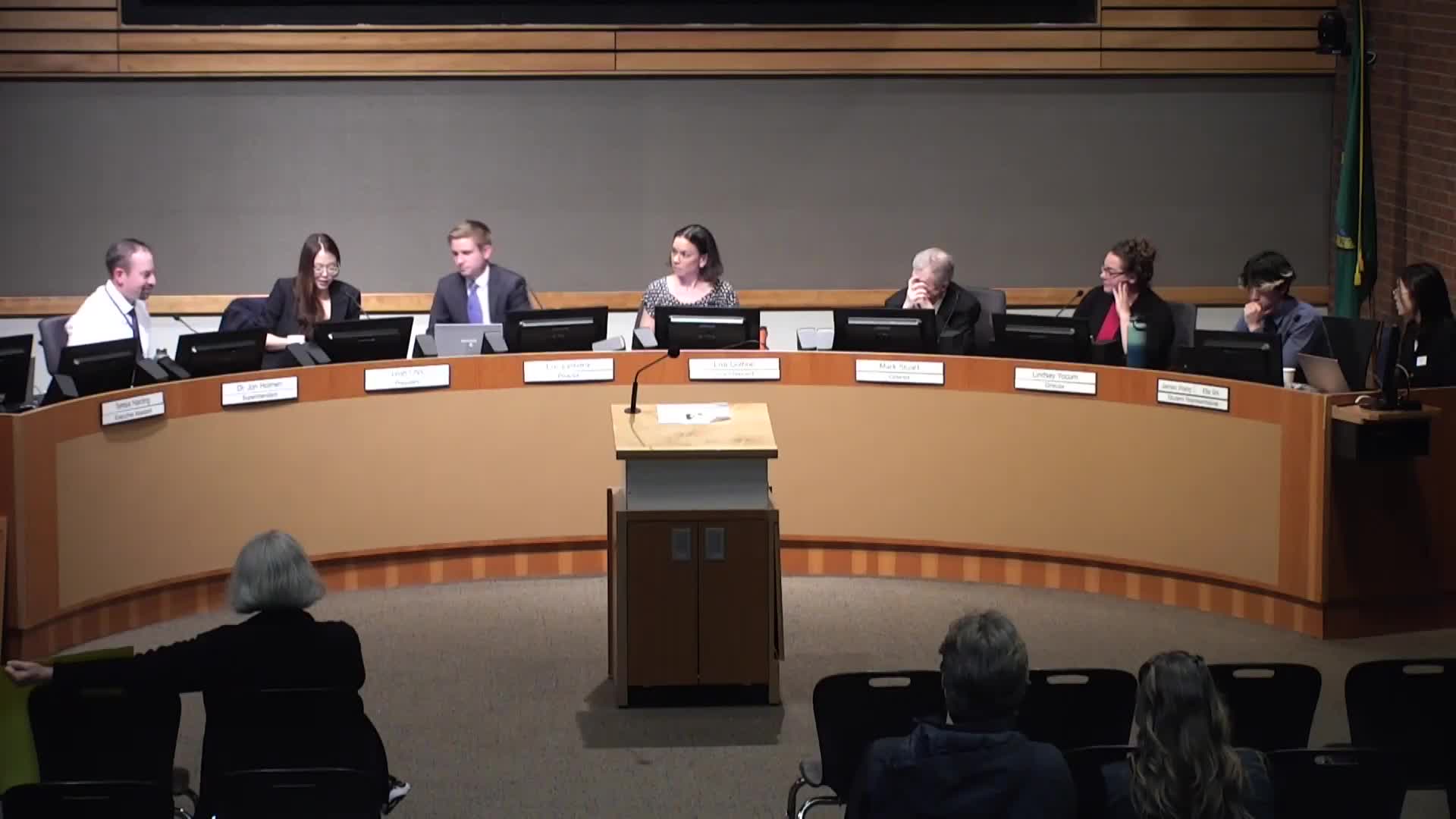Article not found
This article is no longer available. But don't worry—we've gathered other articles that discuss the same topic.
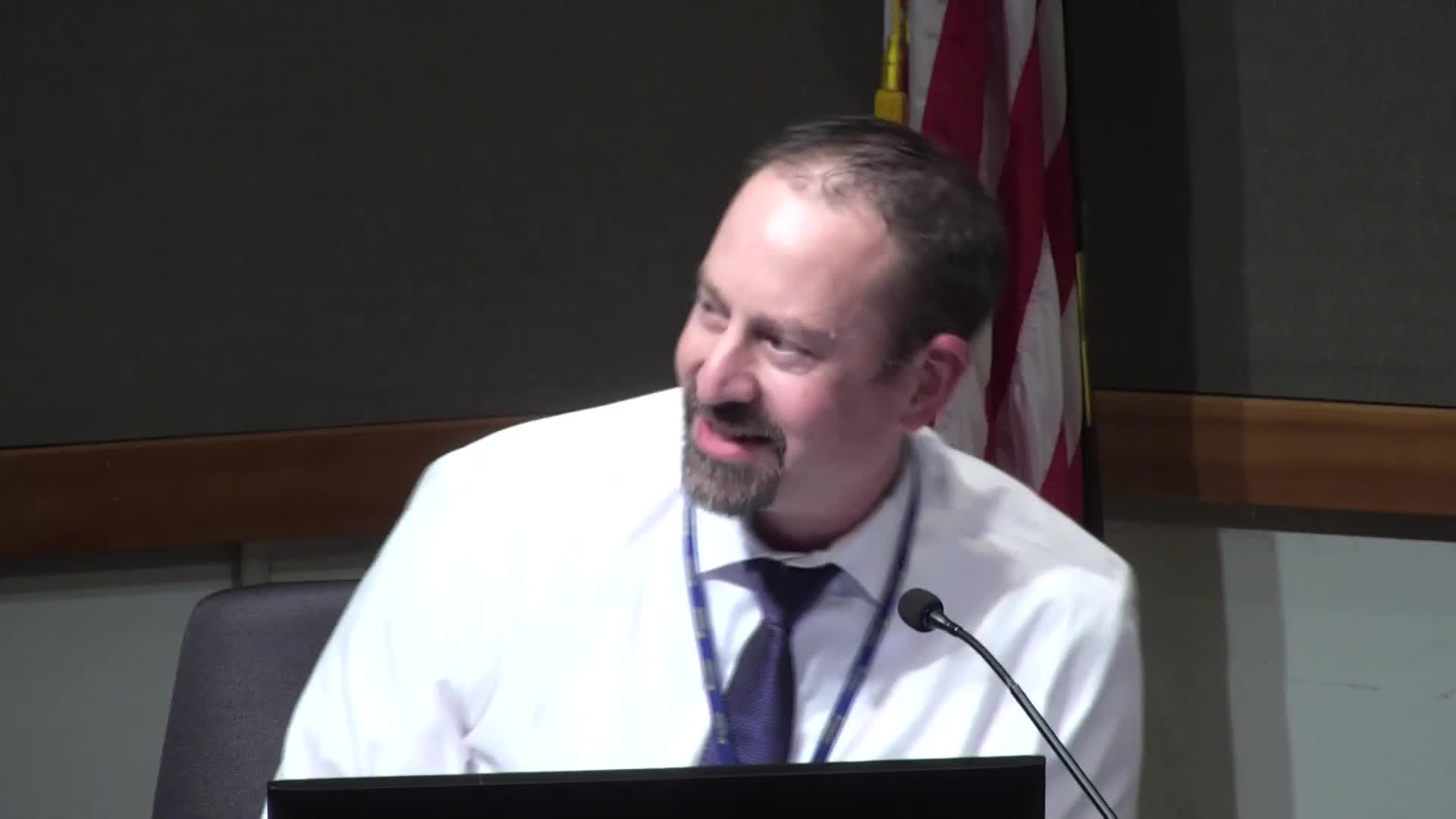
Tesla STEM students pick Python as new school mascot
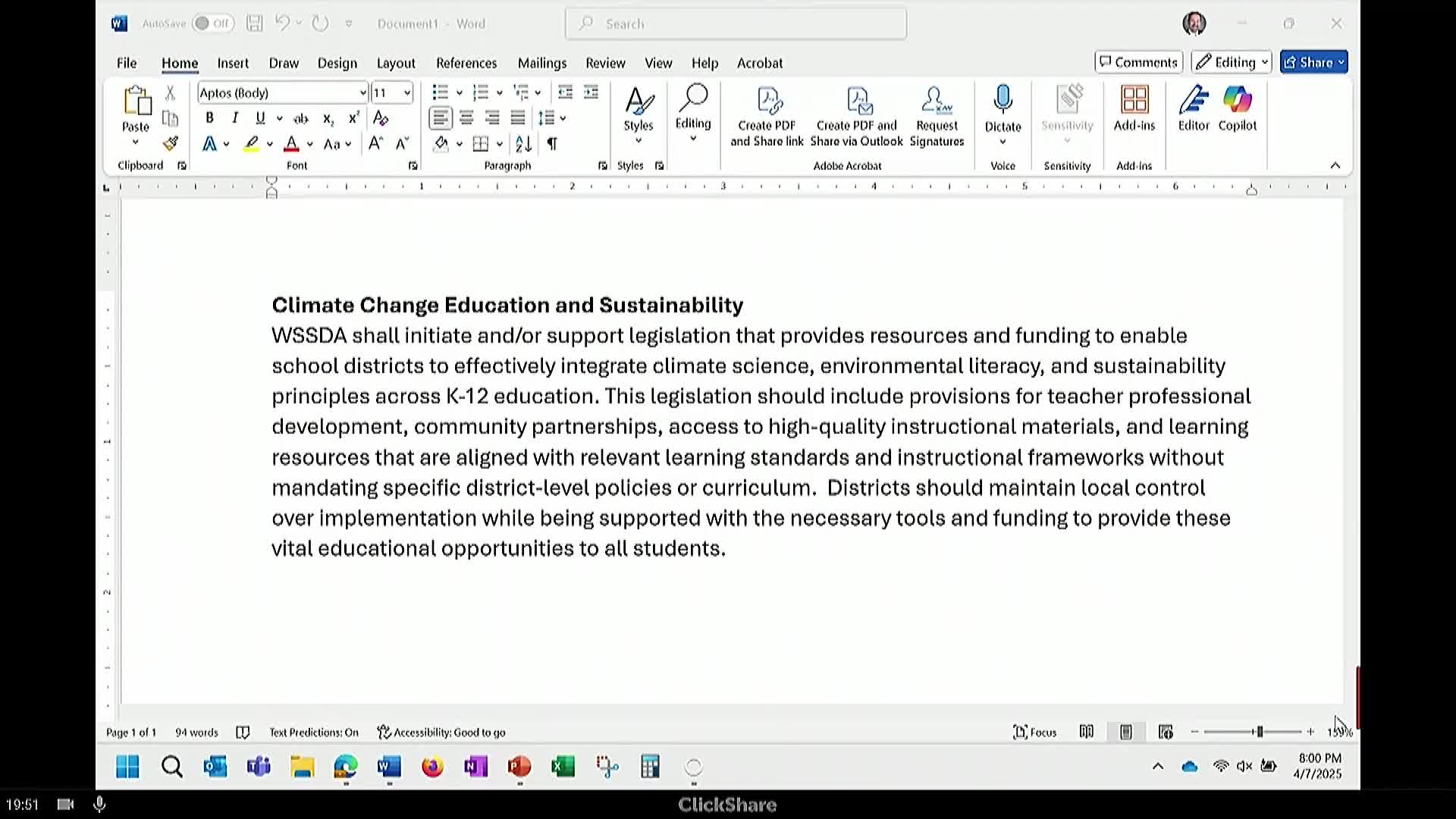
Board adopts position statements for state association; approves consent agenda and two monitoring summaries
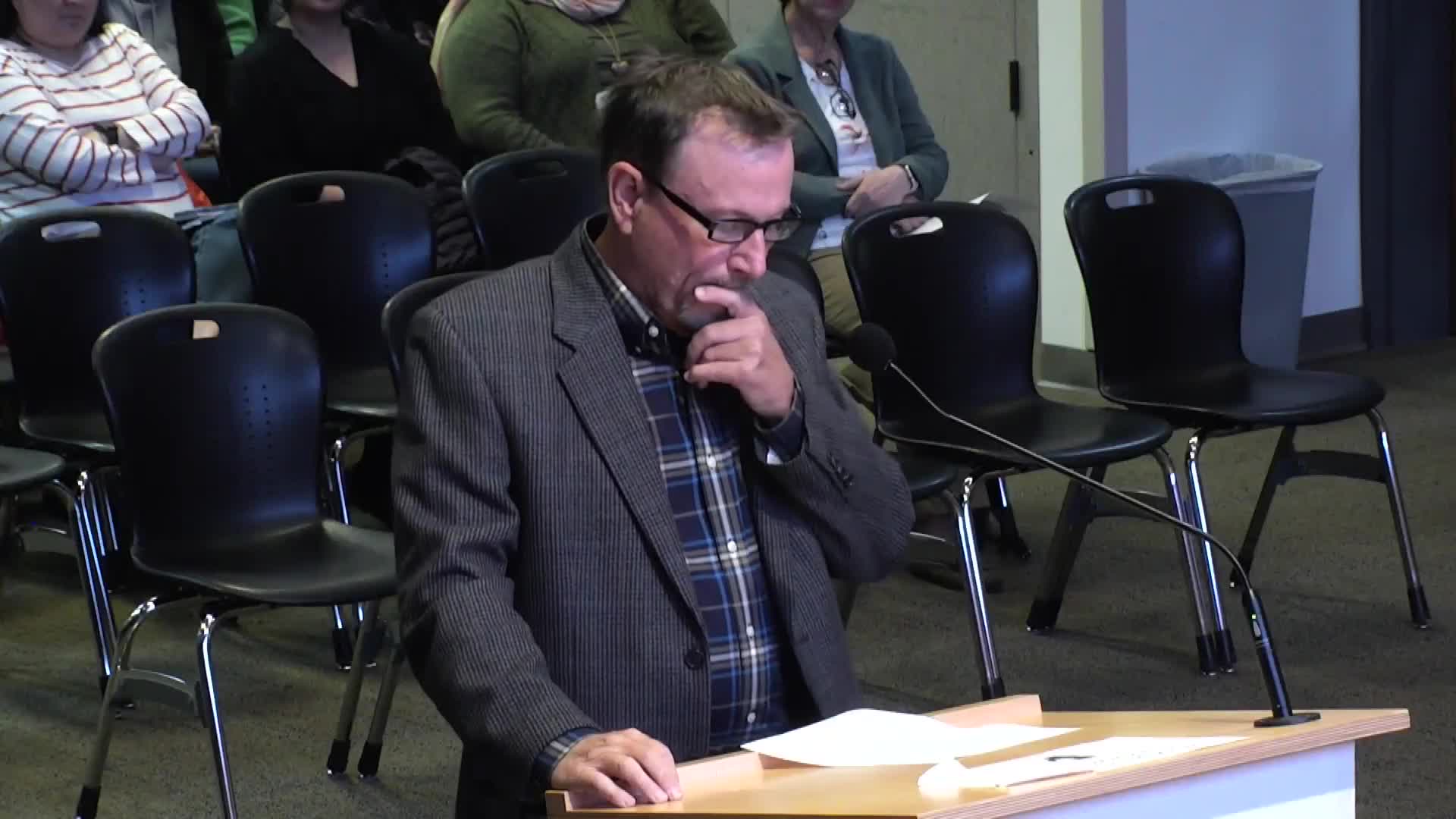
Parents and educators call for investigation after masked intruder filmed at Wilder Elementary
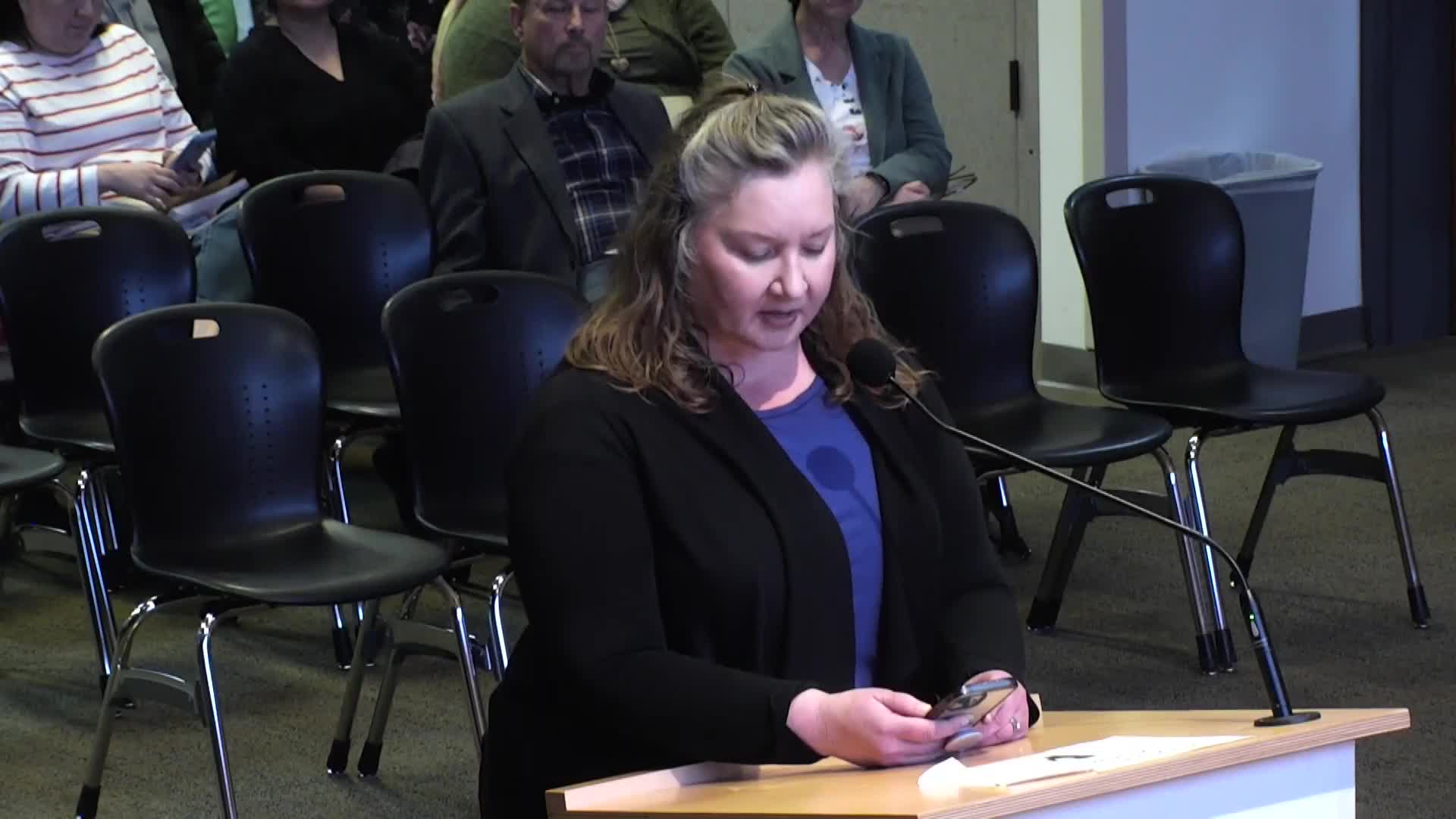
Parents, students and teachers urge Lake Washington board to preserve music and choir programs
